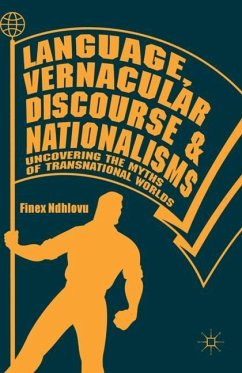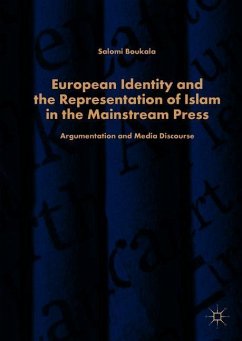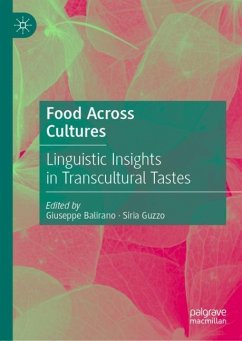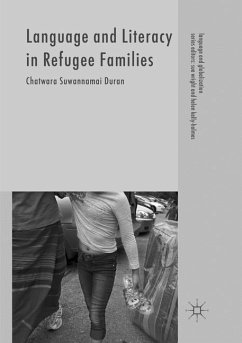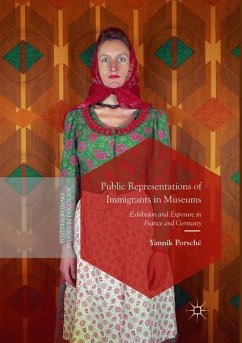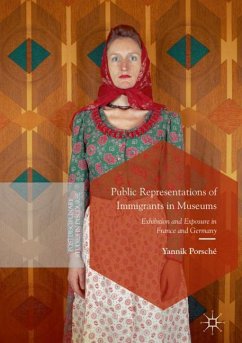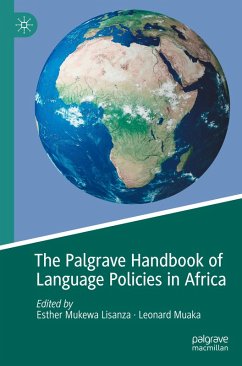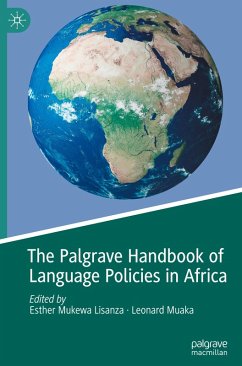
Language, Vernacular Discourse and Nationalisms
Uncovering the Myths of Transnational Worlds
Versandkostenfrei!
Versandfertig in 6-10 Tagen
68,99 €
inkl. MwSt.
Weitere Ausgaben:

PAYBACK Punkte
34 °P sammeln!
This book examines the linguistic and discursive elements of social and economic policies and national political leader statements to read new meanings into debates on border protection, national sovereignty, immigration, economic indigenisation, land reform and black economic empowerment. It adds a fresh angle to the debate on nationalisms and transnationalism by pushing forward a more applied agenda to establish a clear and empirically-based illustration of the contradictions in current policy frameworks around the world and the debates they invite. The author's novel vernacular discourse ap...
This book examines the linguistic and discursive elements of social and economic policies and national political leader statements to read new meanings into debates on border protection, national sovereignty, immigration, economic indigenisation, land reform and black economic empowerment. It adds a fresh angle to the debate on nationalisms and transnationalism by pushing forward a more applied agenda to establish a clear and empirically-based illustration of the contradictions in current policy frameworks around the world and the debates they invite. The author's novel vernacular discourse approach contributes new points of method and interpretation that will advance scholarly conversations on nationalisms, transnationalism and other forms of identity imaginings in a transient world.





